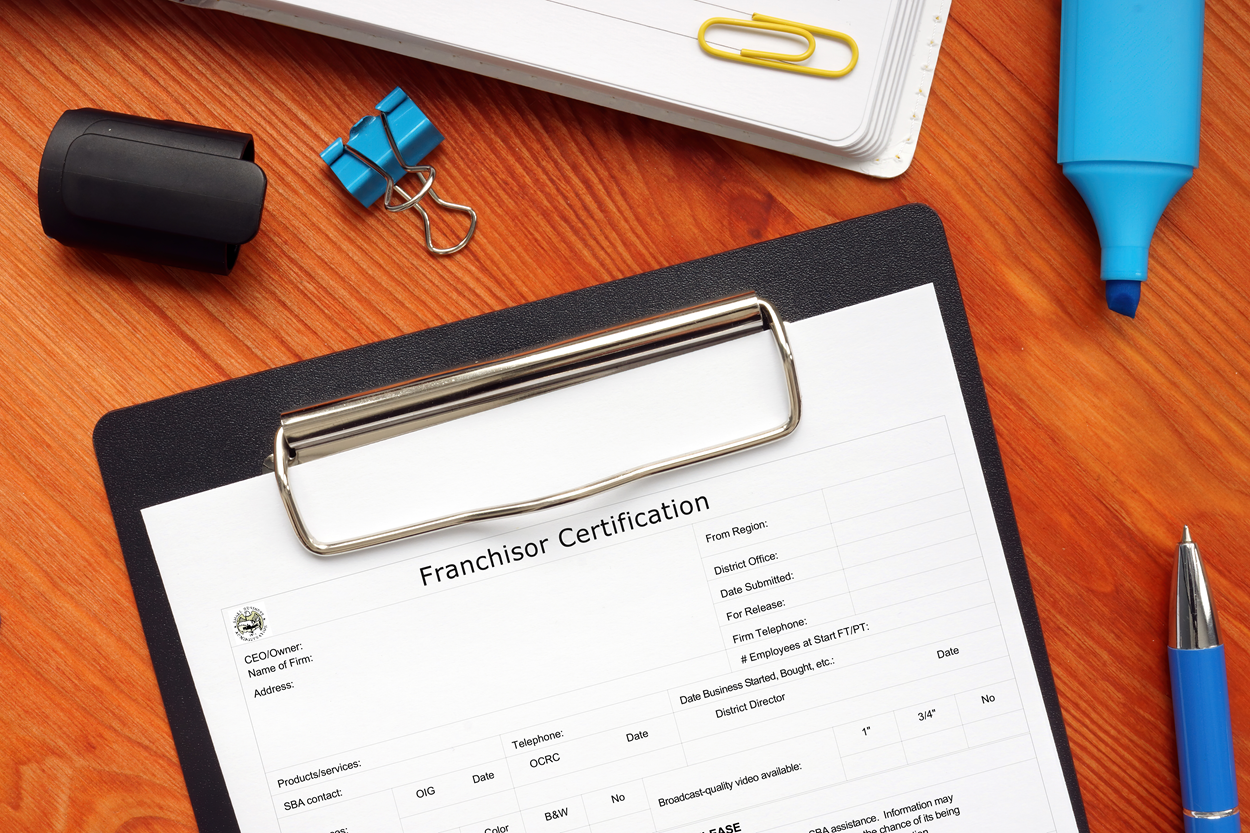Entering into a master franchise agreement is a significant decision for both the franchisor and the master franchisee, and it requires a deep understanding of the responsibilities, rights, and challenges that come with this unique form of business partnership.
Master franchising allows the franchisor to grant a third party—the master franchisee—the rights to operate a specific brand in a defined geographical territory, which could be a region or an entire country. The master franchisee then has the authority to sub-franchise to other franchisees within the designated territory. While this business model presents an attractive opportunity for both parties, it also involves considerable responsibilities, financial commitments, and strategic decision-making.
.
One of the primary characteristics of a master franchise contract is its long-term nature.
Typically, these agreements extend over a period of ten to twenty years, which makes the decision to enter such a partnership a significant, long-term commitment for both the franchisor and the franchisee. It’s not just a short-term investment; rather, it requires a long-term strategic vision. As the master franchisee, you need to have a clear and sustainable business plan that aligns with the brand’s potential in the targeted territory. The first and foremost task before committing to a master franchise agreement is conducting a thorough evaluation of the brand’s sustainability and growth potential in the chosen market. This involves an in-depth analysis of the local market to determine whether the products or services offered by the franchisor will resonate with local consumer demands. A brand that performs well in one country may not necessarily find the same success in another market due to cultural differences, economic conditions, and competitive landscapes. Therefore, the master franchisee must evaluate whether the brand can adapt to the local environment and if there is sufficient consumer demand to support its growth.
Financial considerations play a pivotal role in any master franchise agreement.
These agreements often come with a significant financial investment, which includes an initial franchise fee that grants the master franchisee the rights to the brand in the specified territory. This fee can be substantial, particularly for established and well-known brands, and is usually one of the most significant initial costs in the agreement. However, the financial obligations do not stop there. In addition to the initial franchise fee, the master franchisee is typically required to pay ongoing royalties to the franchisor. These royalties are generally calculated based on the turnover of the sub-franchisees within the territory. Thus, the master franchisee needs to consider whether the business model is financially viable, particularly when factoring in the ongoing costs associated with royalties.


Another important financial aspect is the cost of setting up the business in the new territory.
This includes the opening of pilot units, which serve as the first operational franchises in the region and act as showcases for potential sub-franchisees. These pilot units are essential for testing the brand’s appeal and operational feasibility in the new market. Additionally, the master franchisee must consider the costs related to marketing the brand to attract both consumers and potential sub-franchisees. Marketing efforts in a new territory are crucial because the brand may not have the same recognition it enjoys in its home market, and building local brand awareness can be both time-consuming and costly.
Training is another crucial factor that adds to the operational costs of the master franchisee.
The franchisor will often require the master franchisee to undergo extensive training to fully understand the brand’s operations, systems, and business model. The master franchisee will then be responsible for providing this training to the local sub-franchisees to ensure that the brand’s standards are consistently met across all units in the territory. Effective training programs are key to maintaining the brand’s quality and reputation, but they also represent an additional investment for the master franchisee in terms of time and resources.
Beyond the financial obligations, the master franchise agreement often includes specific development goals that the franchisee must meet within designated timeframes.
These development goals typically relate to the number of new units the master franchisee is expected to open within a certain period, as well as the recruitment of sub-franchisees to operate these units. Failing to meet these development goals can result in penalties, and in some cases, it may even lead to the termination of the master franchise agreement. Therefore, it is crucial for the master franchisee to fully understand and assess the feasibility of these obligations before entering into the contract. This means having a clear strategy for recruiting sub-franchisees, opening new units, and supporting the operational success of the sub-franchisees.
The relationship between the franchisor and the master franchisee is built on ongoing collaboration, and this relationship must be carefully managed to ensure long-term success.
While the franchisor provides initial and ongoing support to the master franchisee, including training, marketing materials, and operational guidance, the franchisor also expects regular feedback from the master franchisee regarding the local market’s performance. Communication between the franchisor and the master franchisee must be smooth and transparent to address any challenges that arise and ensure that both parties are aligned on strategic objectives. Additionally, the master franchisee must keep the franchisor informed about the success or difficulties faced by the sub-franchisees within the territory. This includes providing detailed reports on financial performance, operational issues, and consumer feedback. A lack of communication or misunderstandings between the franchisor and master franchisee can lead to complications that may hinder the growth of the brand in the new territory.


It is also important to consider the legal aspects of the master franchise agreement.
These contracts are complex legal documents that outline the rights and obligations of both parties. The master franchisee must fully understand the legal implications of the agreement, particularly with regard to intellectual property rights, the use of the brand’s trademarks, and the enforcement of operational standards. Additionally, local laws and regulations can vary significantly from one country to another, and the master franchisee is often responsible for ensuring that the franchise operations comply with the local legal framework. This includes understanding labor laws, consumer protection regulations, and any industry-specific rules that may apply to the brand’s products or services. Legal compliance is essential to avoid potential disputes or legal challenges that could disrupt the franchise’s operations in the new territory.
One of the key challenges of master franchising is maintaining brand consistency across multiple units in different locations.
While the master franchisee has some degree of autonomy in managing the franchise operations within the designated territory, they must adhere to the brand’s core values, operational standards, and business model. This requires a careful balance between adapting to local market conditions and maintaining the integrity of the brand. The franchisor will typically set guidelines and performance metrics that the master franchisee must follow, and failure to meet these standards can result in penalties or the termination of the contract. Therefore, the master franchisee must be diligent in overseeing the operations of the sub-franchisees to ensure that the brand’s standards are consistently met across all units in the territory.
In conclusion, a master franchise agreement offers significant opportunities for both the franchisor and the master franchisee, but it also comes with considerable responsibilities and challenges. For the franchisor, master franchising provides a way to expand the brand into new markets without directly managing day-to-day operations in those territories. For the master franchisee, it presents an opportunity to build a business with the backing of an established brand, but it requires careful planning, financial investment, and ongoing collaboration with the franchisor. Before entering into a master franchise agreement, it is essential to thoroughly evaluate the brand’s potential in the local market, understand the financial and legal obligations, and develop a clear strategy for achieving the development goals outlined in the contract. Successful master franchising requires a long-term commitment, effective communication, and a strategic vision that aligns with the brand’s growth objectives in the new territory.



